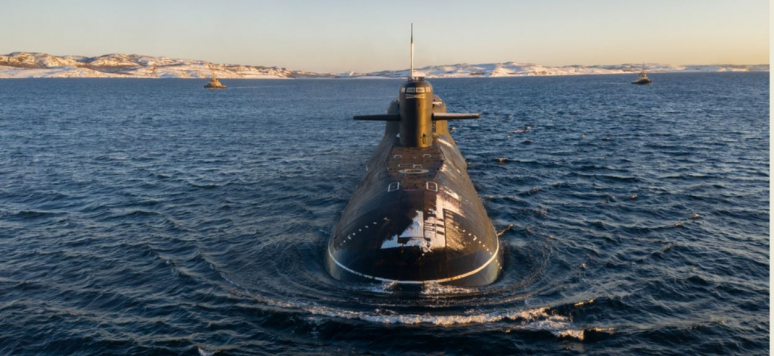L'Ifri dans les médias - China Bristles as EU Turns Its Attention Toward Indo-Pacific

Recent months have seen the United States and its allies step up their assertiveness toward China, with support voiced for Taiwan, a new deal to provide Australia with nuclear submarines and a new European strategy for increased presence in the Indo-Pacific, according to the Associated Press.
The moves have angered China, straining relations between Beijing and Washington. U.N. Secretary-General Antonio Guterres has been compelled to advise President Joe Biden and Chinese leader Xi Jinping to mend their "completely dysfunctional" relationship.
But at the U.N. General Assembly on Tuesday, the leaders of the two superpowers had a more restrained tone, the AP reported. Biden told the assembly that "we are not seeking a new Cold War or a world divided into rigid blocs," and Xi insisted that "China has never and will never invade or bully others or seek hegemony."
But the underlying issues have not changed. China is building up its military outposts as it presses its maritime claims over critical sea lanes, and the U.S. and its allies are growing louder in their support of Taiwan, which China claims as part of its territory, and deepening military cooperation in the Indo-Pacific.
On Thursday, China sent 24 fighter jets toward Taiwan in a large display of force after the island announced its intention to join a Pacific trade group, the Comprehensive and Progressive Agreement for Trans-Pacific Partnership, that China has also applied to join.
On Friday, Biden hosts the leaders of Japan, India and Australia for an in-person Quadrilateral Security Dialogue for broad talks including the COVID-19 pandemic and climate change, but also how to keep the Indo-Pacific, a vast region spanning from India to Australia, "free and open," according to the White House.
It comes a week after the dramatic announcement that Australia would be dropping a contract for conventional French submarines in favor of an Anglo-American offer for nuclear-powered vessels, a bombshell that overshadowed the unveiling of the European Union's strategy to boost political and defense ties in the Indo-Pacific.
"One thing is certain, that everyone is pivoting toward the Indo-Pacific," said Garima Mohan, an Asia program fellow with the German Marshall Fund think tank.
[...]
While clearly irked by the surprise deal, many observers have suggested that the vociferous reaction from France may be more directed toward a domestic audience, where President Emmanuel Macron faces a reelection bid early next year.
- But there was clear disappointment that the U.S. seemed to be ignoring France's own engagement in the region by not informing them in advance, said Laurence Nardon, an expert at the French Institute for International Relations.
- "There was a way to do this while keeping Europeans in the loop," she said. "The Indo-Pacific is important for the EU too; it's not one or the other."
[...]
Copyright Newsweek
Read the full article on the Newsweek [1] website
